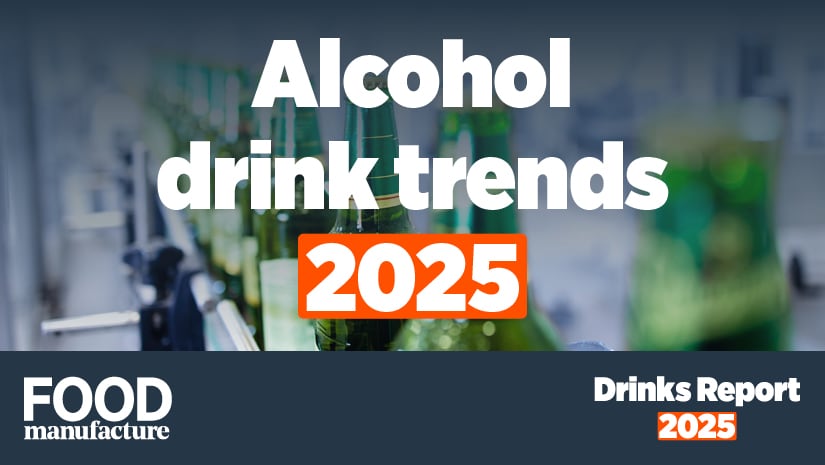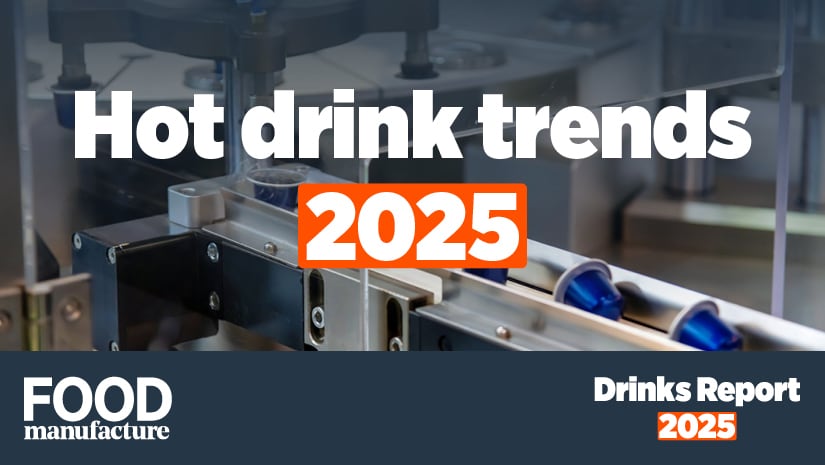According to new data released by NielsenIQ (NIQ) total till sales at UK supermarkets remained unchanged (+4.1%) in the four weeks ending 4 October 2025.
The data showed that in-store visits rose (3.5%) as shoppers sought the best promotional deals, which accounted for 23% of supermarket sales.
NIQ data from its Homescan Survey March 2025 also showed that UK households are trying to be healthier, with more than half (54%) saying that avoiding ultra-processed foods is very important to them, and (52%) are cooking more meals from scratch.
This has an impact on category performance, with the fastest-growing supercategory in unit sales (+0.7%) being meat, fish and poultry, with value sales also up 5.9%.
In contrast, sales for beer, wine and spirits were weakest of any supercategory, with unit sales declining by 2.6% and value sales down 0.6%.
Interestingly, no/low alcoholic beer now accounts for 3.9% of beer sales (£219M) for the latest year and is growing by 4.5% in unit sales and 12.1% in value in the latest four weeks, highlighting shopper desire to moderate (NIQ Scantrack Total Coverage).
In terms of retailer performance, Ocado (+14.3%) remains the fastest growing retailer, while Lidl (+11%) continues to grow at a strong pace. Marks & Spencer continues to perform well with sales growing (+10.4%).
Sainsbury’s (+5.3%) and Tesco (+4.7%) continue to maintain market share boosted by loyalty card prices which are driving more visits, NIQ revealed.
Meanwhile, sales at Asda (-5.1%) have continued to fall, with performance impacted by an extension of RollBack in September, driving down average spend per visit. Coop was the only retailer with less visits in the four weeks with sales falling (-2.8%).
Mike Watkins, head of retailer and business insight at NielsenIQ, said: “It looks like many households have pressed the reset button after the summer. Shoppers are buying less with unit sales across the total store down -0.5% and value growth remains below food inflation. So, any further increase in inflation would add pressure to discretionary spending this side of Christmas.
“However, many retailers are introducing targeted price cuts to regain momentum after a strong summer, so shoppers should start to see a benefit in their shopping baskets.”
He added that there were three emerging trends that could influence Christmas purchasing. He highlighted moderation in alcoholic beverages, seeking out healthier food options, and cooking from scratch.




